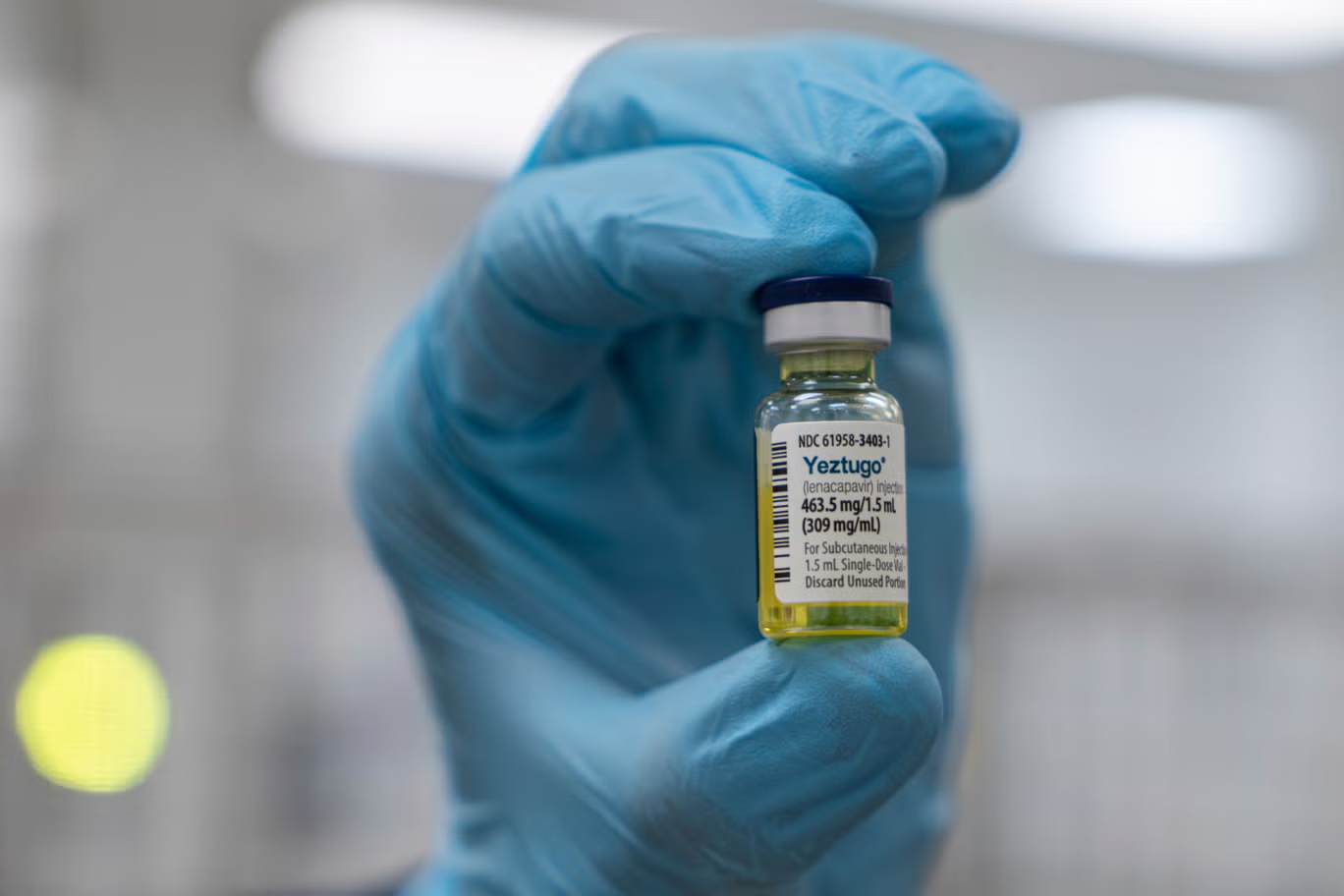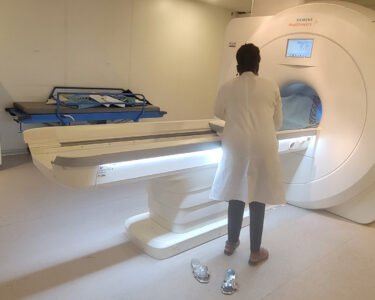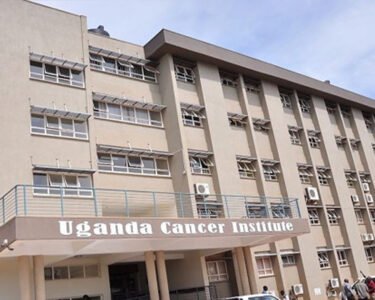A groundbreaking HIV prevention drug, tested in Uganda and South Africa, has been approved by U.S. regulators but it comes at a staggering cost of UGX 101 million per person annually.
The new injectable medication, Lenacapavir, branded as Yeztugo, is being hailed as a potential game-changer in the fight against HIV. Manufactured by pharmaceutical giant Gilead Sciences, the drug is administered just twice a year and has shown near-perfect protection in clinical trials.
Latest
Uganda Begins Evacuation of Citizens Stranded in Iran and Israel Amid Escalating Conflict
Byanyima Warns of Crisis, Urges Democratic Transition in Uganda
Government Commissions UGX 845 Million Milk Collection Centre in Nakaseke
Electoral Commission Warns Against Security Force Interference in Village Elections
Maj Gen Busizoori Urges Calm Ahead of a 65-day Balaalo Evictions
Col Abigaba Takes Over Command of UPDF Defence General Depot
Namayanja Hails Museveni’s Leadership in Renewing NRM Structures Ahead of 2026 Elections
Ssemakadde Turns Down Judiciary Appointment, Slams Chief Justice Over Misconduct
Police Recover SMG Rifle After Arrest of Livestock Theft Suspect in Nwoya
In a large-scale study involving over 5,300 sexually active young women and adolescent girls in Uganda and South Africa, none of the participants who received the biannual injections contracted HIV, marking a significant milestone in global HIV prevention efforts.
The injections are given under the skin of the abdomen, forming a small “depot” that allows the drug to be slowly absorbed into the body over six months, maintaining protective levels of medication.
However, the price tag is raising alarms. At an estimated UGX 101 million per year (28’000 USD), access for Ugandans where the average annual income is far lower remains a major concern.
UNAIDS Executive Director Winnie Byanyima, speaking shortly after the drug’s approval, praised its potential but condemned its price as prohibitively high for countries like Uganda.
“If you take that injection every six months, you won’t get infected,” Byanyima said. “The most infected people in our country and across Africa are young girls and women many of whom can’t control when or how they have sex. This drug is a solution for them.”
She added that other high-risk groups, like sex workers, could also benefit greatly from the injection.
“A sex worker may sleep with eight men in a day. This injection could keep her safe and prevent further transmission. But at $28,000 per person per year, it’s completely out of reach for us.”
Byanyima called out Gilead Sciences for pricing a life-saving drug beyond the means of the very populations that helped test it.
“We need it here. We helped generate the data that led to its approval. But we can’t afford to protect our people unless the price is brought down.”
Public health experts and global health advocates are now calling for Gilead to issue voluntary licenses or allow generic production, so the drug can be made available to low- and middle-income countries at a fraction of the current price.





